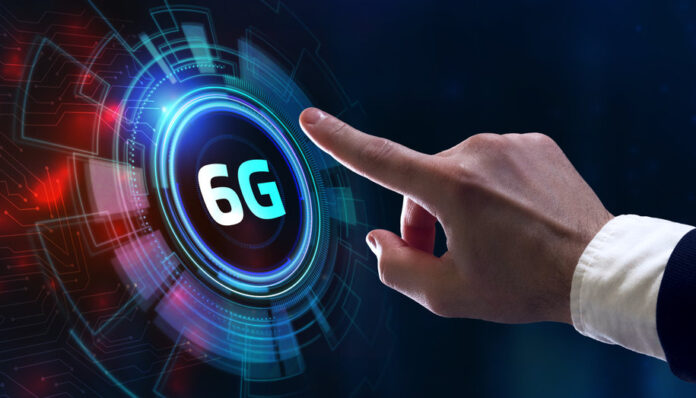Ericsson said that the agreement with ISI will be valid for a three-year period
Swedish vendor Ericsson announced that it has signed an Memorandum of Understanding (MoU) with Indian Statistical Institute (ISI) for multiple research activities, the former said in a release.
The agreement, which will be active for three years, will be carried out under the Cyber-Physical Systems (C-CPS) umbrella. C-CPS is a virtual interdisciplinary research center set up to foster both fundamental and applied research in sustainable and trustworthy Cyber-Physical Systems (CPS) with “immediate impact” in deploying AI and CPS in the Indian ecosystem.
“Research on safe and reliable CPS is expected to produce the necessary technologies for the next-generation autonomy. ISI has a congenial ecosystem for collaborative translational research that has always focused on the needs of future technologies. The institute wholeheartedly welcomes the collaborative ISI-Ericsson research center and is happy to partner with Ericsson in this journey towards CPS realization in the age of AI and 6G,” said Said Sanghamitra Bandyopadhyay, director at ISI Kolkata.
Magnus Frodigh, head of Ericsson Research, added: “This collaboration strengthens our R&D commitments in India and is pivotal to compute and AI research. We are excited to partner with ISI and look forward to collaborative research in fundamental areas as well as translational research for our future network platforms”.
“Ericsson has a strong focus on R&D and we believe our research partnerships in AI and 6G with academic institutions will enable us to build a strong foundation for the country’s 6G program,” said Nitin Bansal, managing director of Ericsson India.
Earlier this month, Ericsson and the Indian Institute of Technology Kharagpur (IIT Kharagpur) announced a long-term cooperation for joint research in the areas of artificial intelligence (AI), compute and radio.
Under the terms of this collaboration, researchers from both organizations will collaborate towards developing AI and distributed compute technology towards 6G research.
Ericsson noted that AI and compute research is instrumental to the vendor’s future 6G networks, because the compute offload needs to be managed dynamically at edge and the policies would primarily be driven by AI. These themes of research are well aligned with IIT Kharagpur and both organizations view this partnership as a way to push the boundaries of fundamental research in the radio domain.
Some of the key initiatives finalized by both organizations include a project which aims to explore resource optimization, dynamic observability and sustainable distributed and Edge computing technologies, as well as a project which aims to explore causal AI methods for joint communication and sensing (JCAS).
In September 2023, Ericsson announced the launch of its “India 6G” program with the formation of an India 6G Research team in its Chennai R&D Center.
The vendor added that its India 6G team comprises senior research leaders and a team of experienced researchers across the fields of radio, networks, AI and cloud.

